Generic Norvasc (Amlodipine)
Amlodipine is a member of the calcium channel blocker drug class, which is mainly used to treat angina (chest pain) and hypertension (high blood pressure). A chronic or lifelong condition known as hypertension, or high blood pressure, is characterized by a high force of blood against the walls of the arteries. The heart must pump more forcefully when blood pressure is higher.
Amlodipine Information :
Uses :
Amlodipine is used to treat hypertension, or high blood pressure, either by itself or in combination with other medications. Elevated blood pressure increases the cardiac and vascular workload. Long-term continuation may cause abnormal heart and artery function. This may lead to a stroke, heart failure, or renal failure by damaging the blood vessels in the brain, heart, or kidneys. The risk of heart attacks may also be raised by high blood pressure. If blood pressure is managed, these issues might not arise as often.
Amlodipine is also used to treat vasospastic angina (Prinzmetal’s or variant angina) and chronic stable angina (chest pain). Additionally, in patients without specific heart conditions (such as heart failure or an ejection fraction less than 40%) and with recently confirmed coronary artery disease (CAD) by angiography, this medication is used to reduce the risk of hospitalization for angina and heart surgery (such as coronary revascularization).
As directed by your physician, take Amlodipine with or without food and a full glass of water. Depending on your blood pressure levels, amlodipine may be prescribed alone or in combination with other medications that lower blood pressure. Let your physician know if you take any additional antihypertensive medications. It is recommended that you keep taking this medication; don’t stop abruptly without first talking to your doctor.
Precautions & Warnings :
Those who are allergic to amlodipine, have low blood pressure (less than 90 mm Hg), have experienced a heart attack, have kidney or liver disease, are pregnant or intend to become pregnant, or are nursing a baby shouldn’t take amlodipine without a doctor’s prescription. In addition, individuals with aortic stenosis (a condition involving the heart valve) should not take it. Although amlodipine can enter breast milk, it is unknown how it will affect the fetus. Therefore, if you are taking Amlodipine and planning to breastfeed, it is best to let your doctor know.
Side Effects :
The following is a brief summary of some of the mild side effects that oral amlodipine tablets may have. Consult your physician or pharmacist, or review the prescribing information for amlodipine oral tablet, to find out about additional mild side effects.
Amlodipine oral tablet mild side effects that have been documented include:
- anxiety
- belly pain
- dizziness
- erectile dysfunction (ED)
- extreme drowsiness or sleepiness
- fatigue (lack of energy)
- flushing (temporary warmth, redness, or deepening of skin color)
- heart palpitations (irregular or fast heartbeat)
- joint pain
- lowered heart rate
- muscle problems, such as stiffness or tremor
- nausea
- peripheral neuropathy (nerve damage that causes symptoms such as leg pain)
- weight gain
- edema (swelling)
- constipation
Many medications have mild side effects that usually go away in a few days or weeks. Consult your physician or pharmacist, though, if they start to cause you problems.
Interactions :
Amlodipine may cause interactions with the following medications: atorvastatin, simvastatin, benazepril, hydrochlorothiazide, etc.; drugs to control blood lipid levels; erectile dysfunction medications; antibiotics (clarithromycin, erythromycin, rifampin); antifungals (itraconazole, ketoconazole); anti-HIV medications; anti-epilepsy medications (carbamazepine, phenytoin, phenobarbital, primidone); immune-suppressive medications (cyclosporine, tacrolimus); and analgesics (ibuprofen, aspirin).
Avoid foods with high fat or cholesterol. Avoid too much salt in your diet like pickles, extra salt on salad etc.
People suffering from cardiogenic shock (a condition in which the heart is unable to pump enough blood to the body), stenosis in the heart valve, hypotension (low blood pressure), liver disease, or heart failure should not take amlodipine.
Overdose :
If someone has overdosed and is experiencing severe symptoms, such as unconsciousness or difficulty breathing, call 911. If not, immediately contact a poison control center.
Missed Dose :
Try to take it at the same day every day. Do not double the dose if missed.
Storage :
Store at room temperature away from light and moisture. Do not store in the bathroom. Keep all medications away from children and pets.

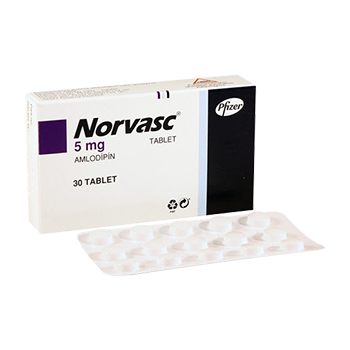
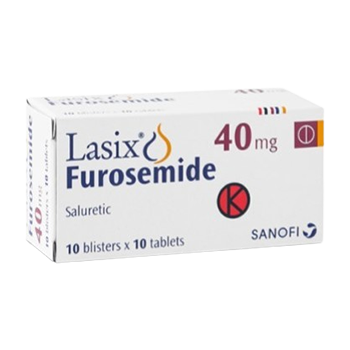
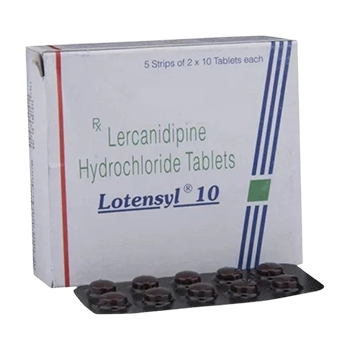
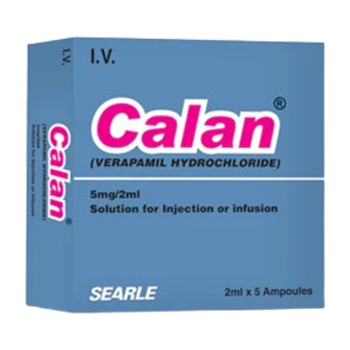
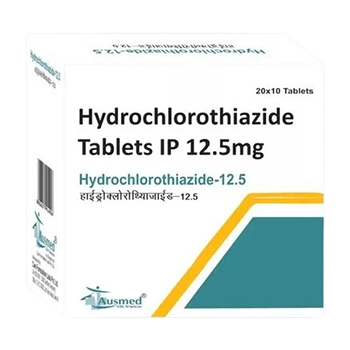
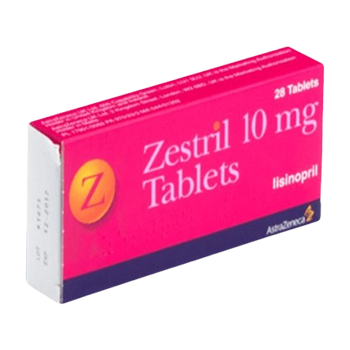
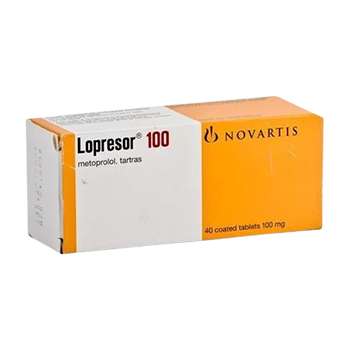




Reviews
There are no reviews yet.